00:00:01
Laaha မှတင်ဆက်မဲ့ "Let's talk about it" စကားဝိုင်းကနေ ကြိုဆိုပါတယ်
00:00:10
Laaha က အမျိုးသမီးနဲ့ မိန်း ကလေးငယ်တွေ သူတို့ရဲ့ ကျန်းမာရေး၊
00:00:14
သာယာဝပြောရေးနဲ့ ဘေးကင်းရေး အတွက်သတင်းအချက်အလက်တွေ
00:00:17
ရယူနိုင်ဖို့အတွက် အတားအဆီးမရှိတဲ့ အွန်လိုင်းစနစ်တစ်ခု ဖြစ်ပါတယ်။
00:00:22
ဒီစနစ်မှာ ပြသထားသမျှ အချက် အလက် အကုန်လုံးကို
00:00:25
လေ့လာသင်ယူနိုင်ဖို့ အတွက် သိပ္ပံနည်းကျ
00:00:28
အသိပညာတွေအပေါ်မှာ အခြေခံထားပါတယ်။
00:00:31
ကျွမ်းကျင်သူတွေရဲ့ ဆေးဘက်ဆိုင်ရာ အကြံဥာဏ်၊
00:00:34
ဒါမှမဟုတ် ကုသမှုနေရာမှာ အစားထိုးဖို့မဟုတ်ပါဘူး။
00:00:43
ကျွန်မနာမည် Sarah ဖြစ်ပြီးတော့ ဒီနေ့မှာ
00:00:46
ကိုယ်၊ ဒါမှမဟုတ် ကိုယ်သိတဲ့လူတစ်ယောက်
00:00:50
မုဒိမ်းကျင့်ခံရရင် သိထားဖို့လိုတဲ့
00:00:53
အရေးကြီးအဆင့်တွေ အကြောင်း ဆွေးနွေးကြပါစို့။
00:00:58
ပထမဆုံး ကျန်းမာရေးဝန် ဆောင်မှုတွေဆီက
00:01:01
ဘာတွေမျှော်လင့်နိုင်လဲ ဆွေးနွေးရအောင်။
00:01:05
ကျန်းမာရေးဆေးပေးခန်းက
00:01:06
သင့်တော်တဲ့နေရာကိုသွားဖို့ ဧည့်ကြိုစားပွဲမှာ
00:01:09
စကားသွားပြောဖို့ လိုနိုင်ပါတယ်။
00:01:12
ဧည့်ကြိုစားပွဲက ကျန်းမာ ရေးဆေးပေးခန်း
00:01:15
အဝင်ဝ၊ ဒါမှမဟုတ် အရေးပေါ်ခန်း အဝင်ဝမှာ ရှိတတ်ပေမယ့်
00:01:20
တချို့နေရာတွေမှာတော့ ဘယ်သွားရမလဲ
00:01:22
သတင်းအချက်အလက်တွေ ပေးမယ့် လူမှုဝန်ထမ်းတွေ၊
00:01:25
ဒါမှမဟုတ် သီးသန့်နေရာတွေ ရှိတတ်ပါတယ်။
00:01:29
ကံမကောင်းစွာပဲ ကျန်းမာရေး ဝန်ထမ်းအားလုံးက
00:01:32
ကိုယ့်ကိုထောက်ပံ့မယ်၊ ကိုယ်ချင်းစာမယ်လို့ မဆိုနိုင်ပါဘူး။
00:01:37
ဘယ်သူဘာပြောပြော ကိုယ့်အမှားမဟုတ်ဘူးဆိုတာ၊
00:01:40
ဝန်ဆောင်မှုတွေကို ကိုယ်ရယူ ခွင့်ရှိတယ်ဆိုတာ မမေ့ပါနဲ့။
00:01:45
ကိုယ့်ကို လုံခြုံတဲ့၊ အများမမြင်နိုင်တဲ့
00:01:48
နေရာတစ်ခုမှာ ကြည့်ပေးရပါမယ်။
00:01:50
ဒီလိုမကြည့်ပေးရင်၊ ဒါမှမဟုတ်
00:01:52
စိတ်သက်တောင့်သက်သာ မဖြစ်ရင်
00:01:55
ပိုပြီးလုံခြုံတဲ့ စစ်ဆေးခန်းကို ပြောင်းပေးဖို့ တောင်းဆိုနိုင်ပါတယ်။
00:02:01
တချို့ကျန်းမာရေးဆေးခန်းတွေမှာ
00:02:03
အမျိုးသမီးနဲ့ မိန်းကလေးတွေအတွက်
00:02:05
ကုသမှုနဲ့ စောင့်ရှောက်မှုတွေ ပေးနိုင်မယ့်
00:02:08
အမျိုးသမီး ဆရာဝန်၊ ဒါမှမဟုတ်
00:02:10
သူနာပြုတွေ ပုံမှန်ရှိတတ်ပါတယ်။
00:02:12
ဒါပေမယ့် ဆေးခန်းတိုင်းမှာ ဒီလိုရှိမယ်လို့ မပြောနိုင်ပါဘူး။
00:02:17
အမျိုးသမီး ကျန်းမာရေး ဝန်ထမ်းတစ်ယောက်
00:02:18
စောင့်ပေးဖို့ ပြောနိုင်ပေမယ့် နေရာအရ
00:02:21
ရှိတဲ့ဝန်ထမ်းအပေါ် မူတည်ပြီး ကျန်းမာရေးဆေးခန်း
00:02:25
အကုန်လုံးမှာ အမျိုးသမီးဝန် ထမ်းတွေရှိမှာ မဟုတ်ပါဘူး။
00:02:29
ကိုယ်က အသက် (၁၈) နှစ်အောက်ဆိုရင်
00:02:32
ကျန်းမာရေးဝန်ဆောင်မှုယူဖို့
00:02:33
လူကြီးတစ်ယောက်ပါဖို့ လိုနိုင်ပါတယ်။
00:02:36
ယုံကြည်ရတဲ့ မိဘ၊ ဒါမှမဟုတ် မိသားစုဝင်
00:02:38
မရှိဘူးဆိုရင် လူမှုဝန်ထမ်း အဖော်ခေါ်လို့ရနိုင်ပေမယ့်
00:02:42
နေရာဒေသအလိုက် တူမှာမဟုတ်ပါဘူး။
00:02:46
မုဒိမ်းမှုက ရှင်သန်လွတ် မြောက်သူတွေအတွက်
00:02:49
ကျန်းမာရေးအရ အကျိုးဆက်ထိခိုက်မှုတွေကို
00:02:51
တားဆီးဖို့နဲ့ စီမံထိန်းချုပ်ဖို့ တစ်ကမ္ဘာလုံး
00:02:55
အသိအမှတ်ပြုထားတဲ့ ဆက်ဆံ ကိုင်တွယ်နည်းတွေ ရှိပါတယ်။
00:02:59
ဒီဆက်ဆံကိုင်တွယ်နည်းတွေမှာ ရှင်သန်လွတ်မြောက်သူတွေ
00:03:03
မုဒိမ်းမှုနဲ့ကြုံပြီးရင် မြန်နိုင်သမျှအမြန်ဆုံး
00:03:06
ဆေးခန်းပြဖို့ အကြံပေးထားပါတယ်။
00:03:10
ရွေးချယ်နိုင်တဲ့ ကုသမှုတွေနဲ့ ပတ်သက်ပြီး အချက်အလက်တွေ
00:03:13
အပြည့်အစုံရခွင့်နဲ့ ဘာလုပ်ချင်လဲ ကိုယ်တိုင်ဆုံးဖြတ်ခွင့်တွေ ရှိပါတယ်။
00:03:19
ဒီလိုဆေးကုသမှု အမျိုးအစား တွေအတွက် ကုသစရိတ်
00:03:23
ကုန်ကျနိုင်ပေမယ့် တချို့ ကျန်းမာရေး ဆေးခန်းတွေမှာ အခမယ့် ဖြစ်နိုင်ပါတယ်။
00:03:28
နောက်ထပ်သိချင်တာတွေရှိရင် ကိုယ့်အနီးက
00:03:31
လူမှုဝန်ထမ်းနဲ့ စကားပြောနိုင်ပါတယ်။
00:03:35
ကိုယ့်ဆေးကုသမှု မှတ်တမ်းနဲ့ ဖိုင်တွေရဲ့ မိတ္တူတွေလည်း
00:03:39
တောင်းခွင့်ရှိတယ်ဆိုတာ မမေ့ပါနဲ့။
00:03:42
တရားရုံးမှာ လျှောက်ထားဖို့၊ ဒါမှမဟုတ်
00:03:45
မုဒိမ်းကျင့်တဲ့လူကို ရဲစခန်းတိုင်ဖို့
00:03:48
သက်သေအထောက် အထားတွေ စုဆောင်းချင်ရင်
00:03:50
မှုခင်းဆေးစစ်ဖို့ တောင်းဆိုနိုင်ပါတယ်။
00:03:54
မှုခင်းဆေးစစ်ချင်တယ်ဆိုရင်
00:03:56
မုဒိမ်းမှုဖြစ်ပြီး ရေမချိုးဖို့၊
00:03:58
အိမ်သာမတက်ဖို့ အကြံပေးချင်ပါတယ်။
00:04:01
ဘယ်အချိန်မဆို ဒီလိုဆေးစစ်လို့ရပေမယ့်
00:04:03
မုဒိမ်းမှုဖြစ်ပြီး ပထမ (၄၈) နာရီအတွင်း
00:04:07
မှုခင်းဆေးဘက်ဆိုင်ရာ သက် သေအထောက်အထားတွေပိုရနိုင်ပါတယ်။
00:04:11
ဒီလိုစစ်ဆေးချင်တယ်၊ မစစ်ဆေးချင် ဘူးကတော့ ကိုယ့်ဆုံးဖြတ်ချက်ပါပဲ။
00:04:17
တစ်ယောက်ထဲသွားဖို့ မလိုပါဘူး
00:04:19
ယုံကြည်ရတဲ့ သူငယ်ချင်း၊ ဒါမှမဟုတ်
00:04:21
မိသားစုဝင်၊ ဒါမှမဟုတ်
00:04:23
လူမှုဝန်ထမ်းတစ်ယောက် အဖော်ခေါ်သွားပါ။
00:04:26
တစ်ယောက်ထဲ သွားတယ်ဆိုရင်လဲ လုပ်ငန်းစဉ်တစ်လျှောက်
00:04:29
ကိုနဲ့အတူရှိပေးမယ့် အတိုင်ပင်ခံ
00:04:31
ထောက်ခံသူ၊ ဒါမှမဟုတ် လူမှုဝန်ထမ်းတစ်ယောက်
00:04:35
ရှိမရှိ ဆေးခန်းမှာ မေးလို့ရပါတယ်။
00:04:40
မေးစရာများရှိလျှင်၊ သို့မဟုတ်
00:04:42
မိမိအနီးဝန်းကျင်ရှိ ဝန်ဆောင်မှုနှင့်
00:04:44
လုပ်ငန်းစဉ်များအကြောင်း တစ်ယောက်ယောက်နှင့်
00:04:46
ဆွေးနွေးလိုပါက 'ဝန်ဆောင်မှုများ ရှာဖွေရန်'
00:04:49
ဆွေးနွေးလိုပါက 'ဝန်ဆောင်မှုများ ရှာဖွေရန်'
00:04:50
မိမိအနီးဝန်းကျင်ရှိ ဝန်ဆောင်မှုပေး သူများနှင့် ဆက်သွယ်လိုက်ပါ။
00:04:55
အမျိုးသမီးနဲ့ မိန်းကလေး တွေအနေနဲ့ အွန်လိုင်းက
00:04:58
ဘေးကင်းတဲ့နေရာ (Virtual Safe Space) တစ်ခုဖြစ်တဲ့ Laaha အစီအစဉ်မှာ
00:05:04
မတူညီတဲ့ ဝန်ဆောင်မှုမျိုးစုံ ဘယ်လိုရယူနိုင်မလဲ အချက်အလက်တွေလည်း ပြထားပါတယ်။
00:05:10
အကြမ်းဖက်မှုနဲ့ ထိုက်တန် တယ်ဆိုတဲ့လူ မရှိဘဲ
00:05:14
လူတစ်ယောက်စီရဲ့ အတွေ့အကြုံတိုင်းဟာ
00:05:16
လေးနက်တယ်ဆိုတာ မမေ့ပါနဲ့။
00:05:18
ယုံကြည်မှုနဲ့ ထောက်ပံ့မှုနဲ့ ထိုက်တန်ပါတယ်။
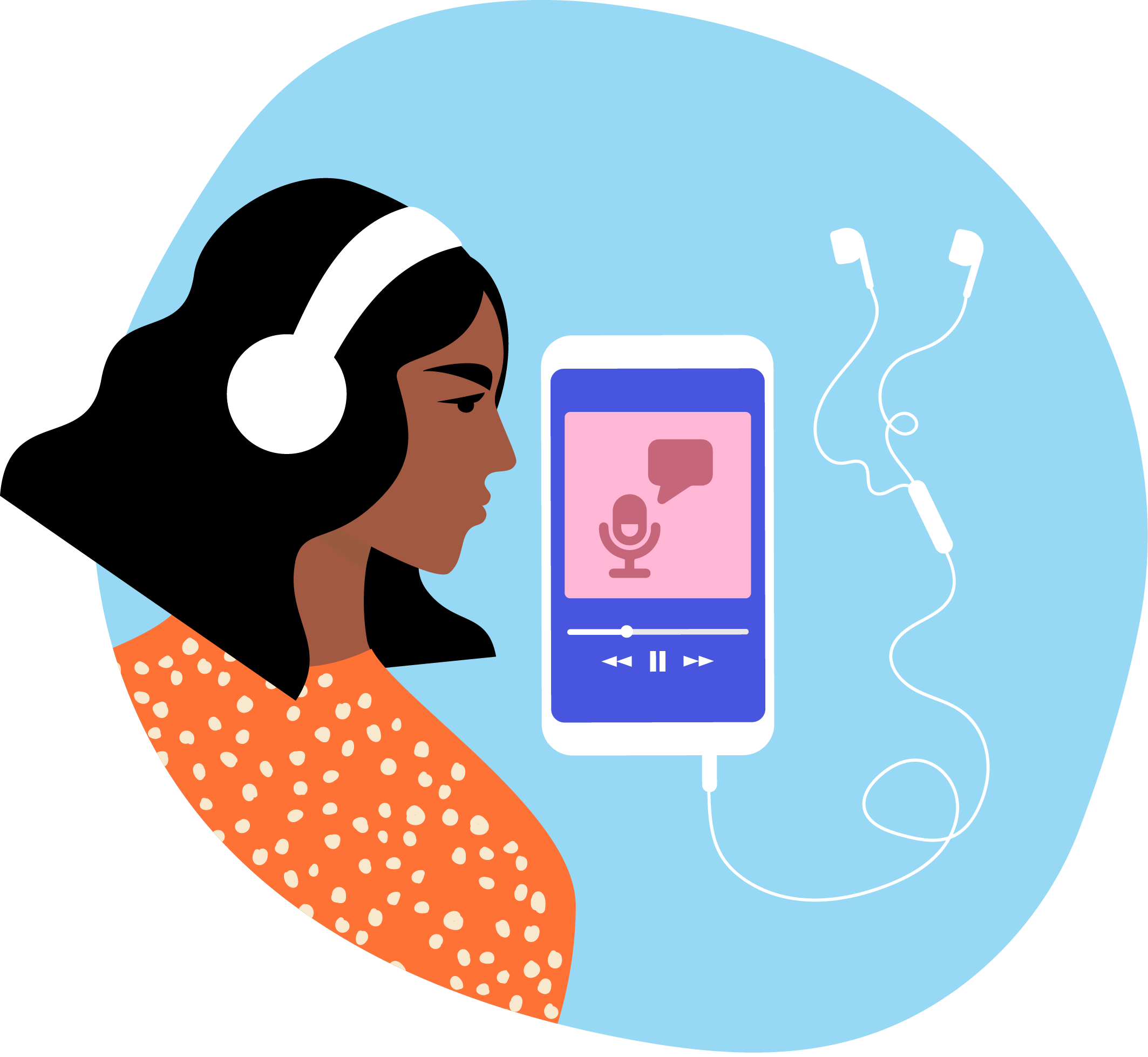

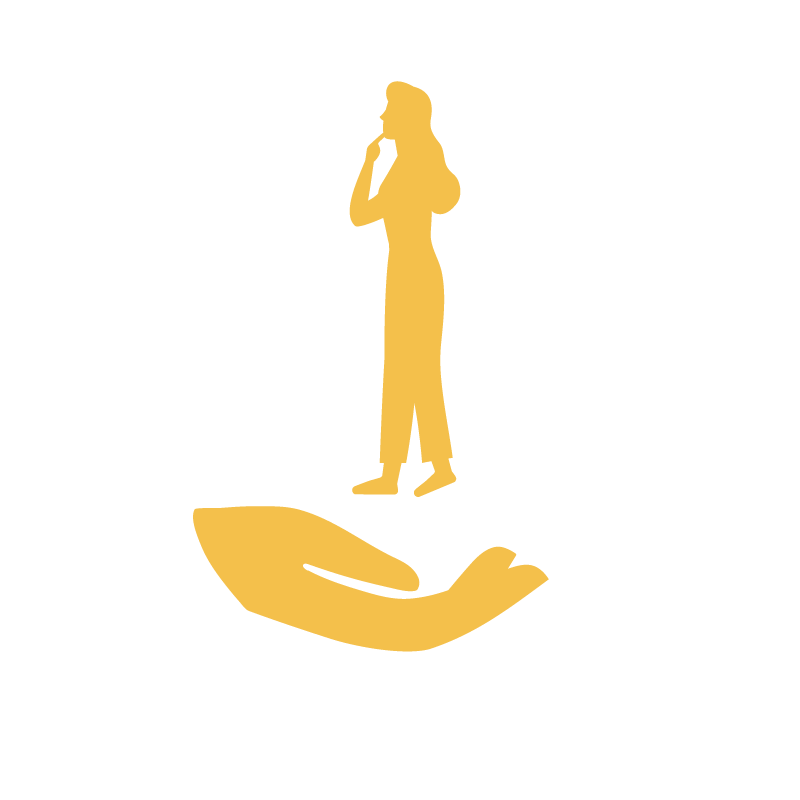
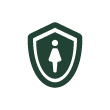
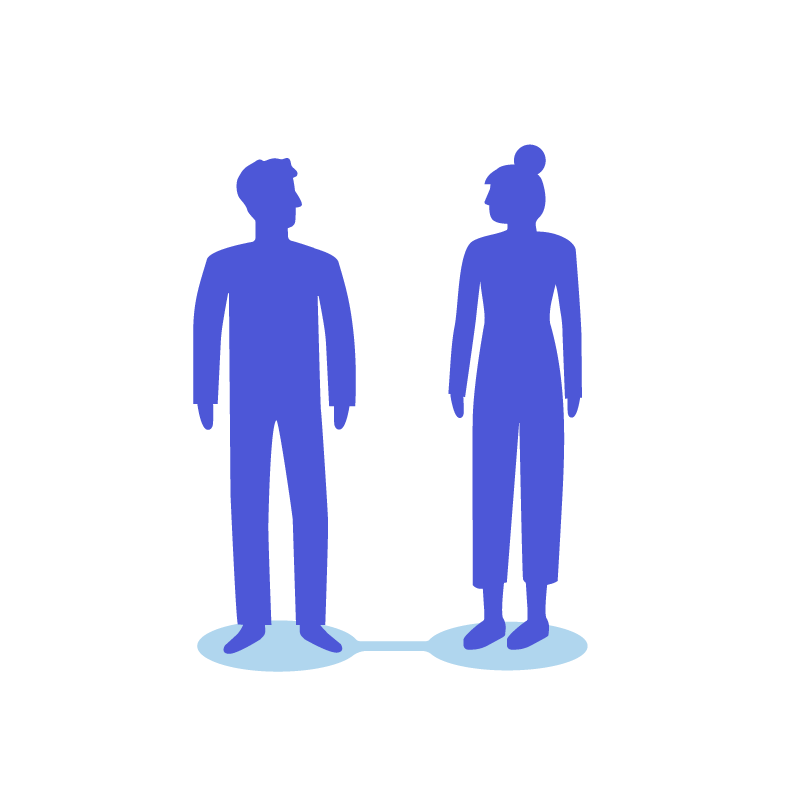
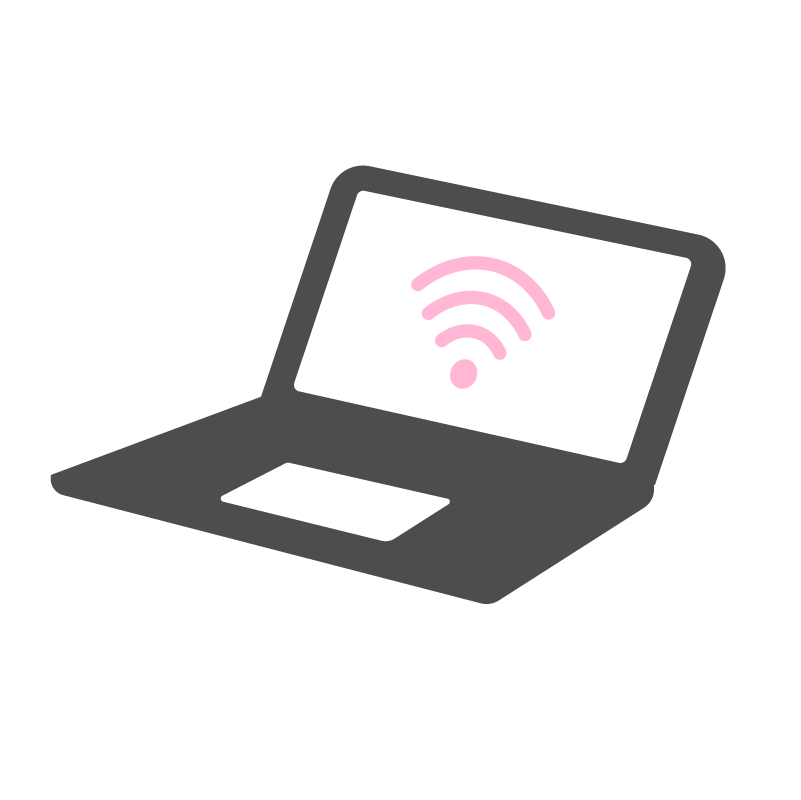


 Let's talk about it စကားဝိုင်း - အဓမ္မပြုကျင့်မှုမှ ရှင်သန်လွတ်မြောက်သူများအတွက် အသက်ကယ် ကျန်းမာရေးစောင့်ရှောက်မှု
Let's talk about it စကားဝိုင်း - အဓမ္မပြုကျင့်မှုမှ ရှင်သန်လွတ်မြောက်သူများအတွက် အသက်ကယ် ကျန်းမာရေးစောင့်ရှောက်မှု